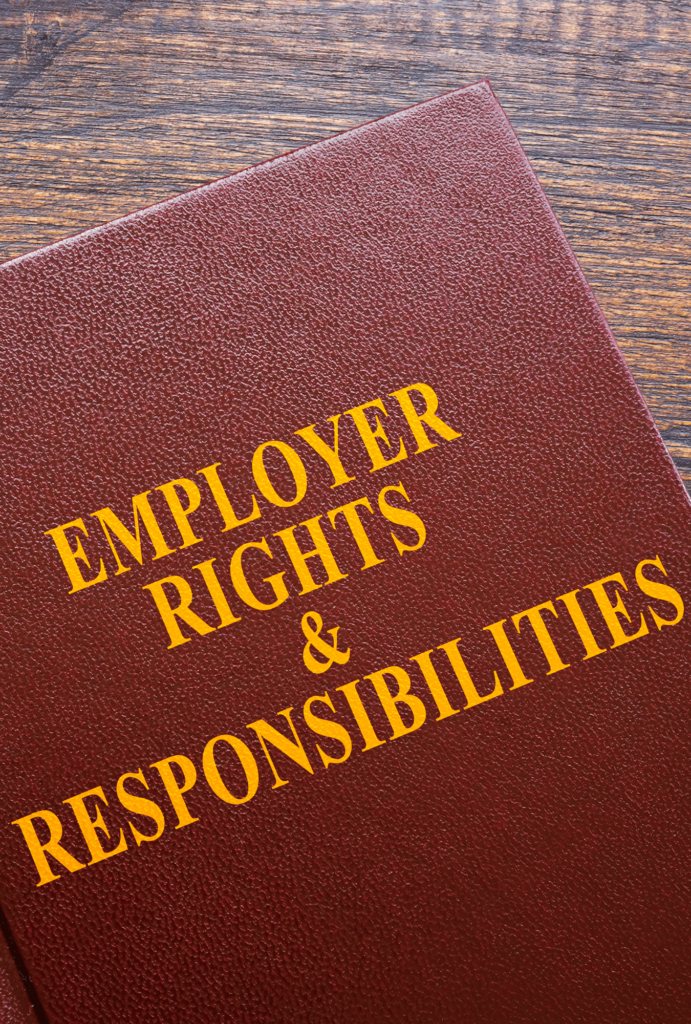
Union and Industrial Relations
Balancing Union and Management Interests Effectively
Welcome to M/s K. N. Kapoor and Co., a trusted legal advocacy firm specialising in industrial relations and trade unions. We are committed to fostering fair and harmonious workplaces by helping employers navigate the complexities of labour and industrial laws. With years of experience, our firm provides expert guidance to ensure compliance, manage disputes, and build collaborative environments where businesses thrive.
Understanding industrial Relations and Trade Unions
Industrial relations encompass the dynamic interactions between employers, employees, and trade unions. These relationships are vital for maintaining workplace peace, ensuring compliance, and boosting productivity. Trade unions play a pivotal role in representing workers’ interests, advocating for fair wages, and securing better conditions of employment.
At M/s K. N. Kapoor and Co., we work closely with employers and trade unions to promote collaboration and resolve disputes through collective bargaining, fostering a culture of mutual respect and transparency.

The Role of Labour and Industrial Laws
For management, labour and industrial laws are essential tools to regulate workplace relationships, ensure compliance, and mitigate risks. These laws govern key aspects such as wages, working conditions, dispute resolution, and union rights.
Key Elements Include:
- Minimum Wage Compliance: Employers must ensure workers receive wages that meet or exceed the legally prescribed minimum wage.
- Conditions of Employment: Businesses must adhere to safety standards and provide a healthy, discrimination-free workplace.
- Dispute Resolution: Mechanisms like conciliation, arbitration, and proceedings in labour courts provide avenues to address conflicts effectively.
Employers can navigate the intricacies of these regulations while aligning their strategies with organisational objectives with guidance from M/s K. N. Kapoor and Co.
Addressing Unfair Labour Practices
Unfair labour practices can disrupt industrial harmony, strain the employer-employee relationship, and lead to legal disputes. The Industrial Disputes Act of 1947 defines these practices, which may include:
Refusing to engage in good faith negotiations during collective bargaining.
Discriminating against workers based on union involvement.
Retaliatory actions against employees advocating for their rights.
At M/s K. N. Kapoor and Co., we assist employers in identifying and avoiding unfair labour practices by developing compliant workplace policies and providing legal representation when necessary.
Indian Labour Law for Private Companies
Private companies in India must adhere to a wide range of labour laws that regulate conditions of employment, dispute resolution, and union activities. Resources like the Indian labour law for private company PDF can provide clarity, but professional guidance is often required to implement these laws effectively.
Key Laws Governing Private Companies:
Minimum Wages Act
Ensures fair pay for all workers.
Industrial Disputes Act 1947
Establishes mechanisms for resolving workplace disputes.
Our firm supports private companies in staying compliant with these laws while addressing challenges related to 12 months of employment records, workplace safety, and social security benefits.
Collective Bargaining & Trade Union Recognition
The process of collective bargaining is a cornerstone of healthy industrial relations. Recognised trade unions negotiate on behalf of employees to secure better wages, benefits, and workplace policies. For employers, engaging in good-faith negotiations with unions ensures trust and prevents prolonged disputes.
At M/s K. N. Kapoor and Co., we assist businesses in managing union recognition and conducting productive negotiations that benefit all stakeholders while adhering to the National Labor Relations Act and domestic labour laws.
Resolving Industrial Disputes
Disputes are inevitable in any workplace, but their timely resolution is crucial to maintaining harmony. The Industrial Disputes Act of 1947 provides a structured framework to address issues such as wage disagreements, unfair dismissals, and conflicts over union activities.
Mechanisms for Dispute Resolution:
Conciliation
Involving a neutral third party to mediate and facilitate agreements.
Arbitration
Allowing disputes to be resolved through mutual consent.
Labour Courts
Adjudicating disputes and providing legally binding decisions.
Management’s Role in Promoting Harmony
Top-level management plays a crucial role in fostering harmonious industrial relations. Employers must take proactive steps to build trust and transparency within their organisations, including:
Avoiding Unfair Labour Practices
Refraining from actions such as retaliatory dismissals or union discrimination.
Creating Open Communication Channels
Addressing employee grievances promptly to prevent escalation.
Ensuring Compliance
Implementing workplace policies that align with labour laws and global standards, including those of the United States and international labour organisations.
Businesses can align their operational strategies with legal compliance, fostering a stable and productive workforce, with guidance from M/s K. N. Kapoor and Co.
What Defines Our Approach?
M/s K. N. Kapoor and Co. have a strong history of expertise in navigating the complexities of labour and industrial laws.
Expertise
Our in-depth knowledge of laws such as the Act of 1947 and the National Labor Relations Act ensures precise guidance.
Tailored Solutions
We develop strategies customised to meet the specific needs of your organisation.
Proven Track Record
From managing disputes to negotiating union contracts, we deliver results that protect your interests.
Transparent Communication
We simplify legal complexities, keeping you informed at every step.
Building a Collaborative Future
At M/s K. N. Kapoor and Co., we believe that strong industrial relations are the foundation of successful businesses and satisfied employees. By addressing disputes, promoting compliance, and fostering open dialogue, we help employers build workplaces that value fairness, transparency, and collaboration.
Whether it’s navigating union negotiations, resolving disputes, or ensuring adherence to the Industrial Disputes Act 1947, we provide the expertise you need to thrive in today’s dynamic workplace environment.
Frequently Asked Questions
Industrial relations refer to the relationships between employers, employees, and trade unions. They are vital for maintaining workplace harmony, resolving disputes, and fostering productivity.
Employers can avoid unfair labour practices by engaging in good faith negotiations, treating workers fairly, and adhering to laws governing union rights and dispute resolution.
The Indian Labour Law for Private Company PDF covers key regulations related to wages, working hours, social security, and dispute resolution mechanisms. It serves as a comprehensive guide for private-sector compliance.

